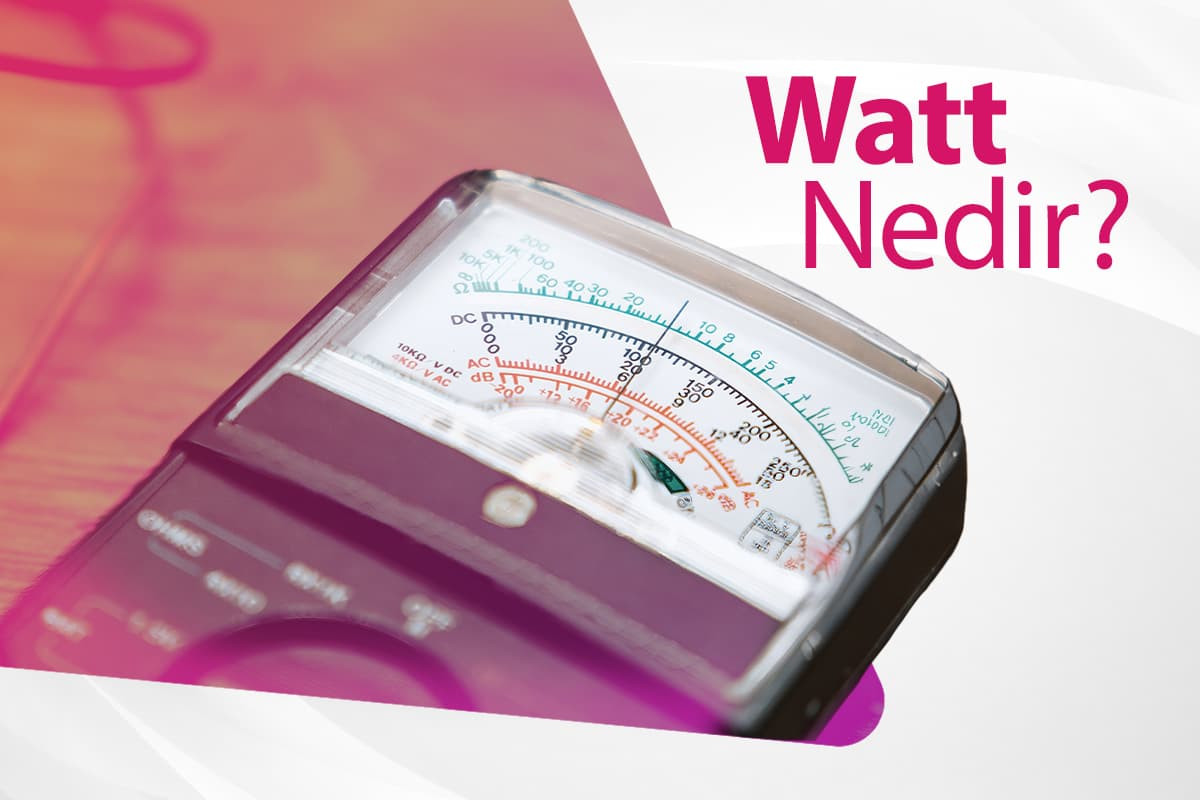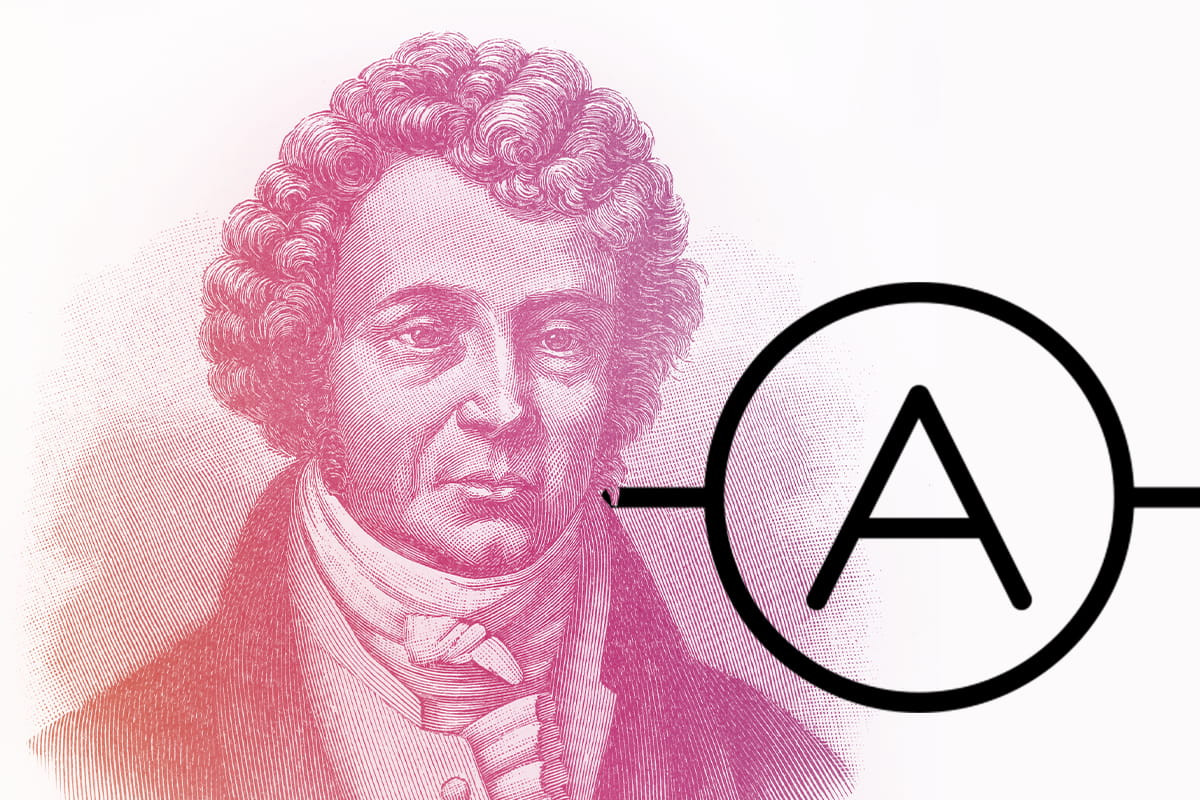1. Veri Sorumlusunun Kimliği
Ege Perakende Enerji Satış ve Ticaret AŞ (“Ege Perakende” veya “Şirket”) olarak kişisel
verilerinizin güvenliği ve gizli tutulması hususunda azami hassasiyet göstermekteyiz. Bu
bilinçle ve 6698 sayılı Kişisel Verilerin Korunması Kanunu (“Kanun”) nezdinde veri
sorumlusu sıfatıyla, elde ettiğimiz kişisel verilere ilişkin Kanun’a uygun hareket
edebilmemizi
teminen aydınlatma yükümlülüğü kapsamında aşağıdaki hususları bilgilerinize sunuyoruz:
Ödeme hizmetlerinin sunulması açısından veri sorumlusu sıfatıyla TURK Elektronik Para
A.Ş. (“Turk Para”) tarafından elde edilen kişisel verilere ilişkin Kanun’a uygun hareket
edebilmemizi teminen aydınlatma yükümlülüğü kapsamında aşağıdaki hususları bilgilerinize
sunuyoruz.
2. Kişisel Verilerin İşlenmesi ve İşleme Amaçları
Kişisel verileriniz, Ege Perakende tarafından sunulan hizmet ve ticari faaliyete ilişkin
olarak
değişkenlik gösterebilmekle beraber Şirketimiz tarafından hizmetlerin en iyi şekilde
sunulabilmesini sağlamak maksadıyla işlenmektedir. Bu kapsamda;
Şirketimizin gerçek kişi müşterisi/ tüzel kişi veya gerçek kişi tacir müşterilerinin
çalışanı/irtibat kişisi/ortağı/yetkilisi ve bazı hallerde veli/vasi/temsilci, kefil,
potansiyel
müşterisi iseniz:
Kişisel verileriniz (kimlik, iletişim, müşteri işlem bilgileri) ile özel nitelikli kişisel
verileriniz
(gerçek kişi müşterilerin paylaşması halinde kimlik belgelerinde yer alan din, kan grubu
bilgileri
dolaylı
olarak
kimlik
ve/veya
ehliyet
sureti
aracılığıyla
temin
edilebilmektedir.)sözleşme süreçlerinin yürütülmesi, hizmet satış sonrası destek
hizmetlerinin, müşteri ilişkileri yönetimi süreçlerinin, müşteri memnuniyetine yönelik
aktivitelerin, hukuk, finans ve muhasebe işlerinin takibi, talep / şikâyetlerin takibi,
faaliyetlerin
ilgili mevzuat mevzuata uygun yürütülmesi, pazarlama analiz çalışmalarının
ve
sunulan hizmetin pazarlama süreçlerinin yürütülmesi kapsamında reklam/ kampanya/
promosyon/ anket faaliyetlerinin gerçekleştirilmesi, iş
faaliyetlerinin yürütülmesi/denetimi,
denetim faaliyetlerinin yürütülmesi, iş sürekliliğinin sağlanması faaliyetlerinin
yürütülmesi,
risk yönetimi süreçlerinin yürütülmesi, stratejik planlama faaliyetlerinin yürütülmesi, iş
süreçlerinin iyileştirilmesine yönelik önerilerin alınması ve değerlendirilmesi, sosyal
sorumluluk ve sivil toplum aktivitelerinin takibi ve yürütülmesi, talep halinde yetkili,
kişi,
kurum ve kuruluşlara bilgi verilmesi, iletişim faaliyetlerinin yürütülmesi, saklama ve arşiv
faaliyetlerinin yürütülmesi, bilgi güvenliği süreçlerinin yürütülmesi, Şirket’in ve
Şirket’in bağlı
bulunduğu Aydem Holding şirketler topluluğu politika ve prosedürlerine uyum sağlanması
amaçlarıyla sınırlı olarak işlenebilecektir.
Kimlik, iletişim ve finansal bilgi verileriniz, elektronik para kuruluşu sıfatıyla sunulan
her
türlü
ürün ve hizmette kullanılması, TURK Para tarafından yürütülen ticari faaliyetlerin
gerçekleştirilmesi için ilgili iş birimleri tarafından gerekli çalışmaların yapılması ve
buna
bağlı
ticari ve/veya iş stratejilerinin planlanması, iş süreçlerinin ve sözleşme süreçlerinin
yürütülmesi, TURK Para nezdinde yapılan veya aracılık ettiği işlemlerde işlem yapılmadan
önce işlem yapanlar ile nam veya hesaplarına işlem yapılanların kimliklerinin tespit
edilmesi
amaçlarıyla,
TURK Para’nın hukuki yükümlülüğüne ilişkin hukuki sebebe dayalı olarak;
Kimlik, iletişim ve finansal bilgi veriniz BDDK, TCMB ve MASAK gibi TURK Para’nın bilgi
verme yükümlülüğü olan kamu kurumlarınca istenilen bilgilerin saklanması, raporlanması ve
bu kurumların bilgilendirilmesi, amaçlarıyla işlenmektedir.
Tüzel kişi veya gerçek kişi tacir/tedarikçilerimizin/ iş ortaklarımızın/alt
yüklenicilerimizin
çalışanı/irtibat kişisi/ortağı/yetkilisi iseniz:
Kişisel verileriniz (kimlik, iletişim, finansal, özlük) ile paylaşılması halinde özel
nitelikli kişisel
verileriniz (sağlık, ceza mahkûmiyeti verileri) sözleşme süreçlerinin, mal ve hizmet satış
süreçlerinin, hukuk, finans ve muhasebe işlerinin takibinin, risk yönetimi süreçlerinin
yürütülmesi, iş sağlığı ve güvenliği süreçlerinin, iş faaliyetlerinin yürütülmesi/denetimi,
performans değerlendirme süreçlerinin yürütülmesi, talep halinde yetkili, kişi, kurum ve
kuruluşlara bilgi verilmesi, iletişim faaliyetlerinin yürütülmesi, bilgi güvenliği
süreçlerinin
yürütülmesi amaçları ile de işlenebilecektir.
Ayrıca,
-
Şirketimizin işyerlerini ziyaret etmeniz halinde kimlik veriniz, fiziksel mekân
güvenliği veriniz, fiziksel mekân güvenliğinin temini, ziyaretçi kayıtlarının
oluşturulması ile
Ege Perakende politika ve prosedürlerine uyum sağlanabilmesi,
-
İnternet sitemizi ziyaret etmeniz halinde işlem güvenliği verileriniz 5651 sayılı Kanun
gereğince mevzuattan kaynaklanan yükümlülüklerin yerine getirilmesi amacıyla elektronik
ortamda oluşan log kayıtlarının tutulması, Ege Perakende politika ve prosedürlerine uyum
sağlanabilmesi ve bilgi güvenliği süreçlerinin yürütülmesi,
-
Şirketimiz tarafından ücretsiz sağlanan kablosuz ağ sistemine giriş yapmanız halinde
kimlik, iletişim ve işlem güvenliğine ilişkin kişisel verileriniz sisteme erişiminizin
sağlanması, mevzuattan kaynaklanan yükümlülüklerin yerine getirilmesi, sistemin hukuka
ve ahlaka aykırı kullanımlarının önlenmesi, Ege Perakende’nın politika ve prosedürlerine
uyum sağlanabilmesi ve bilgi güvenliği süreçlerinin yürütülmesi amaçlarıyla bağlantılı
sınırlı
ve ölçülü olarak işlenebilecektir.
Kişisel verileriniz ayrıca fiziki arşivler ve bilişim sistemlerine nakledilerek hem
dijital hem fiziki
ortamlarda muhafaza edilebilecektir.
3. İşlenen Kişisel Verilerin Kimlere ve Hangi Amaçlar ile Aktarılabileceği
Toplanan kişisel verileriniz, işbu Aydınlatma Metni’nin 2 maddesinde açıklanan amaçlarla
ve Kanun ile ilgili mevzuat kapsamında ve aktarılmasını gerektiren sebeplere bağlı ve bu
sebeplerle sınırlı olarak; resmi kurum ve kuruluşlara, bağımsız denetim şirketlerine,
avukatlara, hukuk ve arabuluculuk bürolarına, bankalara, iş ortaklarımıza ve
tedarikçilerimiz
dâhil olmak üzere hizmetlerinden faydalandığımız ve işbirliği içerisinde olunan yurt içinde
ve
yurt dışında bulunan bilgi teknolojileri hizmeti sunan firmaların sistemlerine ve
operasyonel
süreçlerin yürütülmesi ve destek alınması sebepleriyle Şirketimizin yurt içinde bulunan
hissedarlarına ve grup şirketlerine ve onlarla ortak kullanılan veri tabanlarına
aktarılabilecektir.
Kişisel verileriniz TURK Para tarafından Kanun’un 5 maddesinin atıfta bulunduğu “Veri
sorumlusunun hukuki yükümlülüğünü yerine getirebilmesi için zorunlu olması” hukuki
sebebine dayanılarak, talep halinde 6493 sayılı Kanun ve diğer mevzuat hükümlerinin izin
verdiği kişi veya kuruluşlar; BDDK, MASAK, TCMB ve bunlarla sınırlı olmamak üzere ilgili
kamu tüzel kişilerine, adli makamlar veya ilgili kolluk kuvvetlerine aktarılabilecektir.
TURK Para tarafından “bir sözleşmenin kurulması veya ifasıyla doğrudan doğruya ilgili
olması kaydıyla, sözleşmenin taraflarına ait kişisel verilerin işlenmesinin gerekli olması”
veya “ ilgili kişinin temel hak ve özgürlüklerine zarar vermemek kaydıyla, veri sorumlusunun
meşru menfaatleri için veri işlemesinin zorunlu olması” şeklindeki veri işleme şartları
çerçevesinde siz kullanıcılara ilişkin kimlik verisi, iletişim verisi, finansal bilgi verisi
TURK
Para tarafından ana hissedarı, doğrudan/dolaylı yurtiçi iştiraklerine, elektronik para
ihracı
faaliyetlerimizi yürütmek üzere işbirliği yaptığı Ege Perakende’ye aktarılabilecektir.
TURK Para tarafından rızanız doğrultusunda Kanun’un 9 maddesinde belirtilen rıza
alınmasına yer olmayan durumlar hariç olmak üzere, kimlik verisi, iletişim verisi, finansal
bilgi
verilerinizin tarafınıza hizmet sunulması amacıyla, Şirket ile iletişime geçilmesi amacıyla
kullanılan e-posta hizmetleri kapsamında yurt dışına aktarılması için açık rızanız talep
olunmaktadır.
4 Kişisel Veri Toplamanın Yöntemi ve Hukuki Sebebi
Kişisel verileriniz, işbu Aydınlatma Metni’nin 2 maddesinde açıklanan amaçlar ile
Kanun’da öngörülen temel ilkelere uygun olarak Kanun’un 5 maddesinde belirtilen;
sözleşmenin ifası, hakkın tesisi, kullanılması veya kurulması, veri sorumlusunun meşru
menfaati ve açık rızanızın bulunması hukuki sebeplerine dayalı ve bunlarla sınırlı olarak;
otomatik veya otomatik olmayan yöntemlerle, işvereniniz tarafından veya tarafınızca
doğrudan elektronik posta adresimiz vasıtasıyla iletilen sözlü veya yazılı bilgiler, Şirket
faaliyetleri kapsamında kullanılan uygulama ve yazılımlar ile kamera devre kamera
sistemleri kayıtları aracılığıyla toplanabilmektedir.
TURK Para tarafından;
Turk Para tarafından size ait Kimlik Verisi, İletişim Verisi, Finansal Bilgi Verisi Kanun’un
5
maddesinde yer alan “bir sözleşmenin kurulması veya ifasıyla doğrudan doğruya ilgili olması
kaydıyla, sözleşmenin taraflarına ait kişisel verilerin işlenmesinin gerekli olması” veya
“ilgili
kişinin temel hak ve özgürlüklerine zarar vermemek kaydıyla, veri sorumlusunun meşru
menfaatleri için veri işlenmesinin zorunlu olması” gibi veri işleme şartları çerçevesinde;
Kimlik Verisi, İletişim Verisi, Finansal Bilgi Verisi Kanun’un 5 maddesinde belirtilen
‘’Veri
sorumlusunun hukuki yükümlülüğünü yerine getirebilmesi için zorunlu olması’’ hukuki
sebebine dayanılarak BDDK, TCMB ve MASAK gibi bilgi verme yükümlülüğümüz olan kamu
kurumlarınca istenilen bilgilerin 10 yıl süreyle saklanması, raporlanması ve bu kurumların
bilgilendirilmesi, amaçlarıyla işlenmektedir.
Turk Para tarafından size ait Kimlik Verisi, İletişim Verisi, Finansal Bilgi Verisi Kanun’un
5
maddesinde yer alan “bir sözleşmenin kurulması veya ifasıyla doğrudan doğruya ilgili olması
kaydıyla, sözleşmenin taraflarına ait kişisel verilerin işlenmesinin gerekli olması” veya
“ilgili
kişinin temel hak ve özgürlüklerine zarar vermemek kaydıyla, veri sorumlusunun meşru
menfaatleri için veri işlenmesinin zorunlu olması” hukuki sebeplerine dayanılarak Turk Para
internet sitesi üzerinden iletişim formu/kampanya formu/başvuru formu veya Turk Para’nın
call center merkezi vasıtasıyla toplanarak otomatik veya telefon kaydı alınması yollarıyla
işlenmektedir.
5. Kişisel Verilerin Korunmasına Yönelik Haklarınız
Kişisel verilerin korunması mevzuatı çerçevesinde, kişisel verilerinizin; işlenip
işlenmediğini
öğrenme, işlenmişse buna ilişkin bilgi talep etme, işlenme amacını ve tarafımızca bu
amaçlara uygun olarak kullanıp kullanılmadığını öğrenme, yurt içinde veya yurt dışında
aktarıldığı üçüncü kişileri öğrenme, eksik veya yanlış işlenmiş olması halinde
düzeltilmesini
ve aktarılmışsa aktarılan üçüncü kişilere de bildirilmesini talep etme, işlenme şartlarının
ortadan kalkması halinde silinmesini veya yok edilmesini ve aktarılmışsa aktarılan üçüncü
kişilere de bildirilmesini talep etme, işlenen verilerin münhasıran otomatik sistemler
vasıtasıyla analiz edilmesi suretiyle aleyhinize bir sonucun ortaya çıktığını düşünüyorsanız
bu duruma itiraz etme, Kanuna aykırı olarak işlenmesi sebebiyle bir zarara uğramanız
halinde bu zararın giderilmesini talep etme haklarınız mevcuttur.
Kanunun ilgili kişinin haklarını düzenleyen 11 maddesi kapsamındaki taleplerinizi, “Veri
Sorumlusuna Başvuru Usul ve Esasları Hakkında Tebliğ” uyarınca Ege Perakende için
Anadolu Caddesi No: 41/191 Bayraklı, İzmir adresine; yazılı olarak ve kimlik teyidinizin
yapılması sağlanarak bizzat iletebilirsiniz. TURK Para için 0871053107900001 Mersis
No’lu TURK Elektronik Para A.Ş.’nin Prof. Dr. Ahmet Taner Kışlalı Mahallesi 2405 Sokak
No: 5 ÇANKAYA/ANKARA adresine yazılı olarak veya kayıtlı elektronik posta aracılığıyla
turk.para@hs03.kep.tr adresine iletebilirsiniz.
Şirketimiz, Kanunu’nun 13 maddesine uygun olarak, başvuru taleplerini, talebin niteliğine
göre ve en geç 30 (otuz) gün içinde sonuçlandıracaktır. İşlemin maliyet gerektirmesi
halinde, Kişisel Verilerin Korunması Kurulu tarafından belirlenen tarife uygulanacaktır. Talebin
reddedilmesi halinde, red nedeni/nedenleri yazılı olarak veya elektronik ortamda
gerekçelendirilecektir. Başvuru taleplerinin değerlendirme sürecine ilişkin detaylı bilgiyi
Şirketimiz Kişisel Verilerin Korunması ve İşlenmesi Politikası’nda bulabilirsiniz.


 Volts are commonly measured using a device known as a voltmeter.
Volts are commonly measured using a device known as a voltmeter. 
 Online Services
Online Services Application Inquiry
Application Inquiry Pay Assurance Fee
Pay Assurance Fee Query Installation Number
Query Installation Number Compensation Fee Inquiry
Compensation Fee Inquiry Automatic Payment Order Inquiry
Automatic Payment Order Inquiry Partnership
Partnership







Leave a Comment